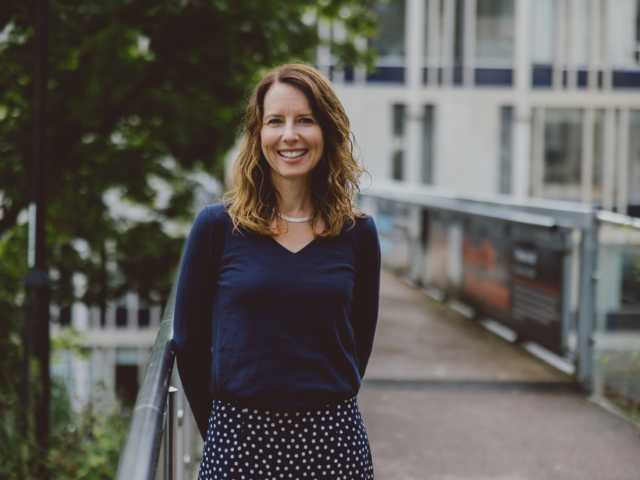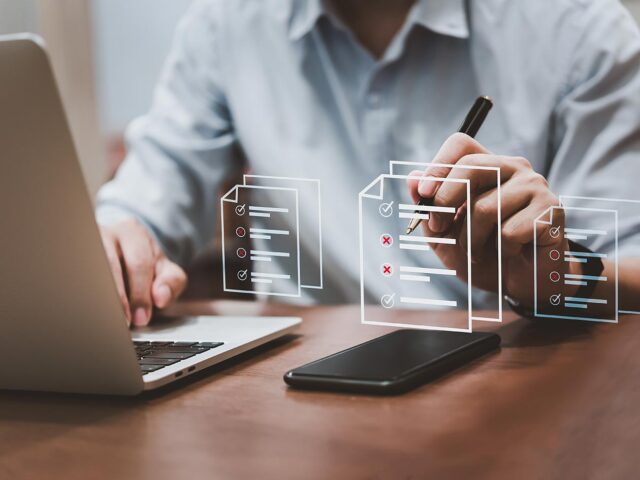The Innovation Panel (IP) is a sample of households used by researchers as a test-bed for innovative ways of collecting data and for developing new areas of research. The IP helps develop leading-edge survey methods and content that will ensure the ongoing success of Understanding Society and generate important new knowledge. Experiments are carried out, and questions, procedures and methods are tested and used in a context similar to the main Understanding Society survey in order to make that test-bed as realistic as possible. Participants are, on the whole, asked the same questions using the same procedures as the main survey.
The IP has multiple experimental studies in which individuals, households, interviewers or areas are randomly assigned to a particular instrument or survey procedure. Care is taken to ensure that the experiments do not affect each other.
For Wave 13, fieldwork took place between July and November 2020. Due to Covid-19 restrictions all households were issued to web-first and any follow-up interviews were conducted by telephone.
Access the End User Licence version of Understanding Society: Innovation Panel, Waves 1-13, 2008-2020
Experiments in Wave 13
IP13 contained the following experiments:
- Fieldwork compression – a number of modules work in rotation, this experiment looked at the potential to ask most rotating modules in a single interview.
- Wellbeing app consent – respondents were asked to download an app called “Stress Tracker” and to complete a task every evening for 14 days. There were 12 variations on the app experiment within the design, although each interview only presented the relevant version for that household.
- Panel conditioning – to measure potential changes to the way respondents think or behave as a result of being part of Understanding Society, those that have taken the survey before were asked about how the Study affected the way they think, their behaviours, and their attitudes.
- Asking for details of partner living apart – the survey already asks participants about any partner who is not living with them, but for IP13, those identified as having a partner who lives apart were asked for their partner’s contact details.
- Event triggered data collection – this experiment sees data collected on a more continuous basis. While the survey has collected mobile numbers in previous waves, it is not currently possible to ask survey questions via SMS without additional permissions being granted. The initial groundwork for this experiment was laid down at the start of 2020, but all respondents saying they used a mobile phone during IP13 were asked for their consent to be sent additional questions via SMS.
- Incentives – there has been an incentive experiment running on the Innovation Panel since Wave 1. It assesses the impact of incentives on response rates, efficiency of fieldwork, and costs. As part of this experiment there were four different incentive amounts that were either sent to sample members unconditionally or promised as a conditional incentive. Incentives were unconditional for adults that took part at the previous wave, and conditional for those that did not take part at the previous wave (including new entrants to households).
Special Licence datasets
A Special Licence version of the Innovation Panel data is also available. This contains contains month and year of birth variables in addition to age, county variables, more detailed country and occupation coding for a number of variables. There are also a number of Special Licence geographical datasets that are designed to be used in conjunction with the primary datasets. Low- and Medium-level geographical identifiers are also available subject to Specail Licence access conditions and fine detail geographic data are available under more restrictive Secure Access conditions that contains British National Grid postcode grid references (at 1m resolution) for the unit postcode of each household surveyed. For more information on access conditions see the Access Understanding Society page.
Survey methodology



